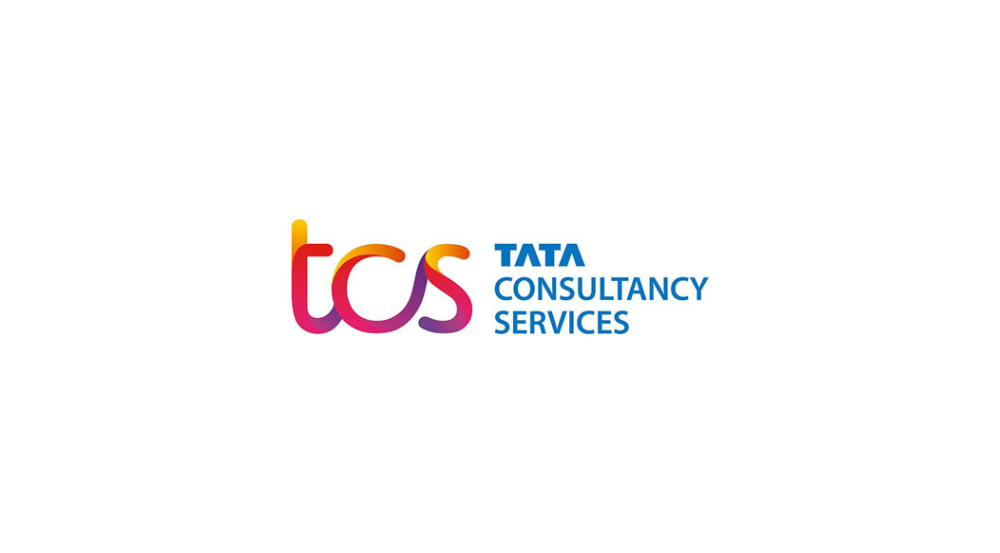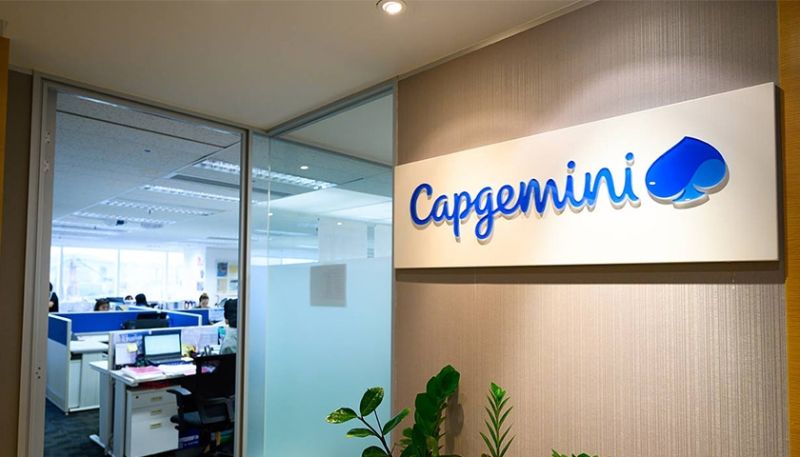Wipro WILP Journey: Embarking on a career in IT right after graduation can be a daunting experience, especially when juggling work and higher education simultaneously. If you’re a graduate considering joining Wipro’s Work Integrated Learning Program (WILP), this detailed account of my two-year journey at Wipro might be just what you need. From the initial joining process to the rigorous training, project allocation, MTech academics, and salary details, I will walk you through everything I experienced as a WILP candidate working as a PostgreSQL Database Administrator (DBA).

1. The Wipro WILP Joining Process: What to Expect
The journey to becoming a Wipro WILP candidate starts with the hiring process, which can often feel lengthy and uncertain. I applied in March and received my first communication in May regarding assessments. Over the next few months, I underwent two assessments before finally receiving my offer letter in September. Document verification began in early October, and my official joining date was October 17. This entire process took roughly 4 to 5 months, which is fairly typical, as most candidates can expect to wait less than six months.
It’s important to be patient during this period—they keep hiring frequently but the process can be slow. I personally waited at home after graduation, which felt frustrating at times, but persistence pays off.
2. First Day at Wipro as a WILP Candidate
Wipro’s base location for most WILP candidates is the Electronic City campus in Bengaluru. We were asked to arrive by 9:00 a.m. and gathered in an auditorium for an orientation session. The first week was dedicated to mandatory courses that introduced us to Wipro’s corporate culture, ethics like prevention of sexual harassment, and other essential policies.
This week was crucial for acclimatizing to the company environment. Following this, the next 60 days were devoted to training sessions aimed at making us IT-ready. The atmosphere felt like a mini-college, where you meet peers, interact with trainers, and dive deep into your assigned technical domain.
3. Training Experience: Preparing for the IT World
The training period spanned 60 days and was a blend of fun and intensive learning. Candidates were assigned domains based solely on business requirements, so there was no option to choose your preferred specialization. For me, it was networking, and the sessions covered various topics within that field.
Throughout the training, assessments were conducted regularly, and maintaining at least 70% was mandatory. I scored 82%, which was a proud moment for me. The training wrapped up with a convocation-like event, symbolizing our transition into the IT sector. It was also during this period that we enrolled for the MTech program, completing the necessary documentation.
4. Post-Training: Navigating Project Allocation
After training, project allocation emails started arriving. Most initial projects are auto-assigned based on organizational needs, and candidates often have little say in the matter. For example, I was initially assigned to an Australian project with 12 other members. However, we were later released due to no vacancies and spent 2-3 months on the bench.
During this period, it’s essential to stay proactive. I communicated regularly with my allocator manager and eventually secured a database project in Australia as a PostgreSQL DBA, which aligned well with my interests. Remember, to get into a project, you need to clear an interview with the client. I had a 30-minute interview and was selected the next day.
Project roles may vary; my official designation was Database Administrator, while my client referred to it as Database Engineer. The client environment was supportive, and the work culture encouraging. I had the opportunity to learn extensively and collaborate with knowledgeable seniors.
Note that some candidates might receive calls for less desirable roles such as UDes support or IMG teams, especially if project vacancies are limited. It’s advisable not to reject projects outright but also be mindful not to settle for roles you have no interest in. Patience and strategic choices play a vital role here.
5. MTech Academics: Balancing Work and Study
One of the primary reasons many join Wipro WILP is the opportunity to pursue an MTech degree while working. I was enrolled in MTech during my training, and the academics officially began around the sixth month of my bond period.
Wipro’s bond consists of 1 year of training plus 4 years dedicated to completing the MTech program, which spans 8 semesters. This means my MTech is expected to conclude around the 50th or 55th month of my bond, after which I still need to work for a few months to complete the total 5-year bond period.
Managing work and studies simultaneously is challenging. Classes are typically conducted on weekends, with options to choose Friday, Saturday, or Sunday based on your project schedule. My week off falls on Saturday and Sunday, so I attend classes on Saturdays from 9:00 a.m. to 5:30 p.m., with four 1.3-hour sessions scattered throughout the day.
Exams have evolved over time. Initially, exams were conducted online, but now they include offline open-book exams at centers. This requires diligent note-taking and preparation since you can bring printed materials. The academic rigor includes daily quizzes, monthly quizzes, mid-semester exams (closed book), and final semester exams (open book).
Maintaining a minimum CGPA of 6 is mandatory, so staying on top of coursework is essential. Balancing project responsibilities with academic demands can be exhausting but is manageable with proper time management and commitment.
6. Salary and Stipend Breakdown: What to Expect Financially
Wipro WILP candidates receive a stipend rather than a traditional salary, which starts at ₹15,000 and can increase to ₹23,000 over time. The typical stipend progression looks like this:
- ₹15,000 (approx. ₹14,500 in hand)
- ₹17,000 (approx. ₹16,500 in hand)
- ₹19,000 (approx. ₹18,500 in hand)
- ₹23,000 (approx. ₹22,500 in hand)
Additional allowances are possible if your project requires night or evening shifts, ranging from ₹250 to ₹450 depending on the shift and project. For instance, some friends of mine earn up to ₹25,000 due to such allowances, but my project only involved a single shift (7:00 a.m. to 4:00 p.m.), so I did not receive any extra allowances.
While the stipend may seem modest, it is manageable, especially if you budget carefully. Rent and living expenses in Bangalore can be between ₹7,000 to ₹10,000 for a PG accommodation, so careful financial planning is key.
Wipro also provides a joining bonus of ₹70,000, typically paid in the second month after joining, along with relocation expenses. I recall the joy of seeing nearly ₹97,000 credited early in my career. However, a word of caution: be mindful of how you spend this bonus. Investing in assets like gold or mutual funds is wiser than splurging on depreciating items.
7. Overall Experience and Final Thoughts
Reflecting on my two years with Wipro WILP, the experience has been a mix of excitement, challenges, and learning. Initially, I was torn between pursuing MCA or starting work immediately. Wipro’s WILP offered a unique blend of both, allowing me to work while earning an MTech degree.
The slow hiring process and long bond period (60 months) can be intimidating. The bond requires commitment, and leaving early involves paying a penalty that decreases annually. I plan to create a detailed video discussing the bond specifics, so if you want to learn more about that, feel free to ask.
Working at Wipro has taught me valuable skills and exposed me to a professional work culture. The Electronic City and KTI campuses in Bangalore offer good infrastructure and learning opportunities. If you’re considering joining Wipro WILP, don’t let the bond or stipend deter you. It’s a stepping stone to a rewarding IT career.
For those interested in applying, Wipro frequently opens hiring for WILP candidates, especially for BCA and BSc graduates. If you need a referral or application link, I am happy to assist. Just reach out, and I’ll do my best to help you get started.
Final Advice for Aspiring Wipro WILP Candidates
- Be patient: The hiring process might take several months, but persistence is key.
- Stay adaptable: Domain and project assignments depend on business needs, so be ready to learn whatever is assigned.
- Balance work and studies: Managing MTech academics alongside your job requires discipline and time management.
- Budget wisely: Your stipend is modest, so plan your finances carefully, especially if relocating.
- Invest your bonus: Use your joining bonus thoughtfully to secure your financial future.
- Seek guidance: Don’t hesitate to ask seniors or alumni about their experiences to make informed decisions.
If you have any questions about the Wipro WILP program, bond details, or project allocations, please leave a comment. I’m here to share my experience and help you navigate this journey.

